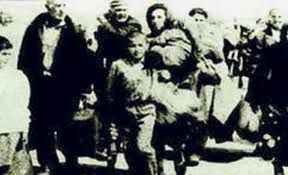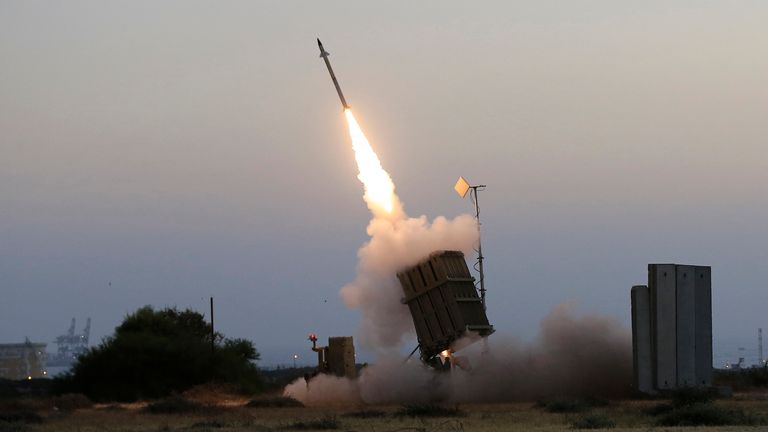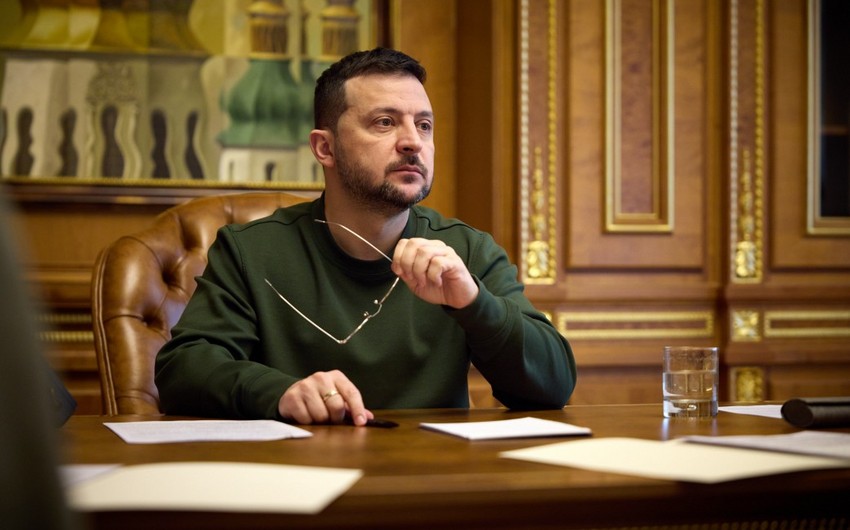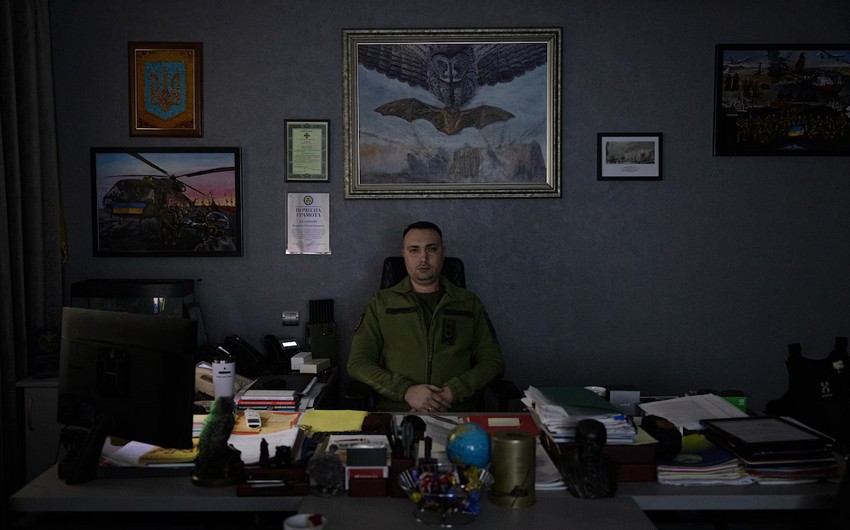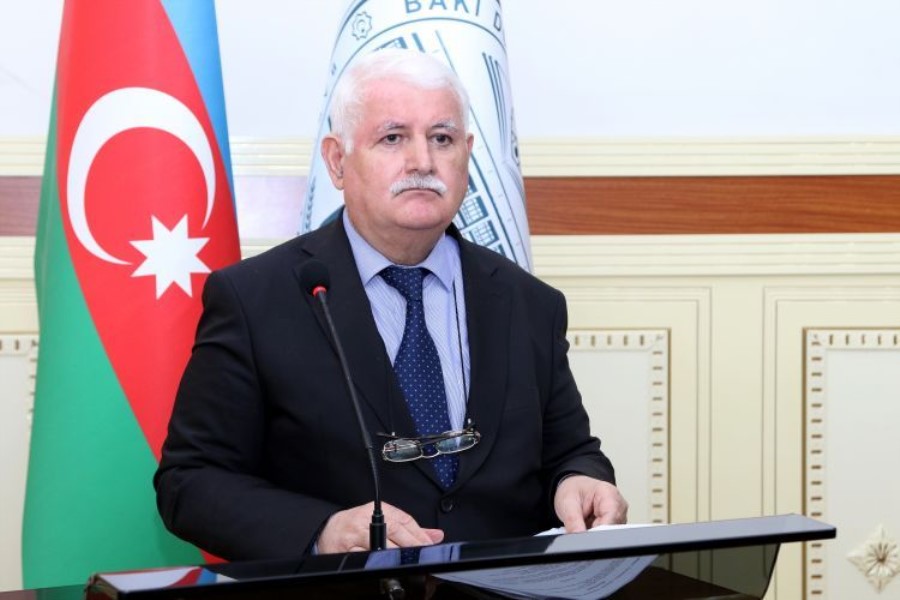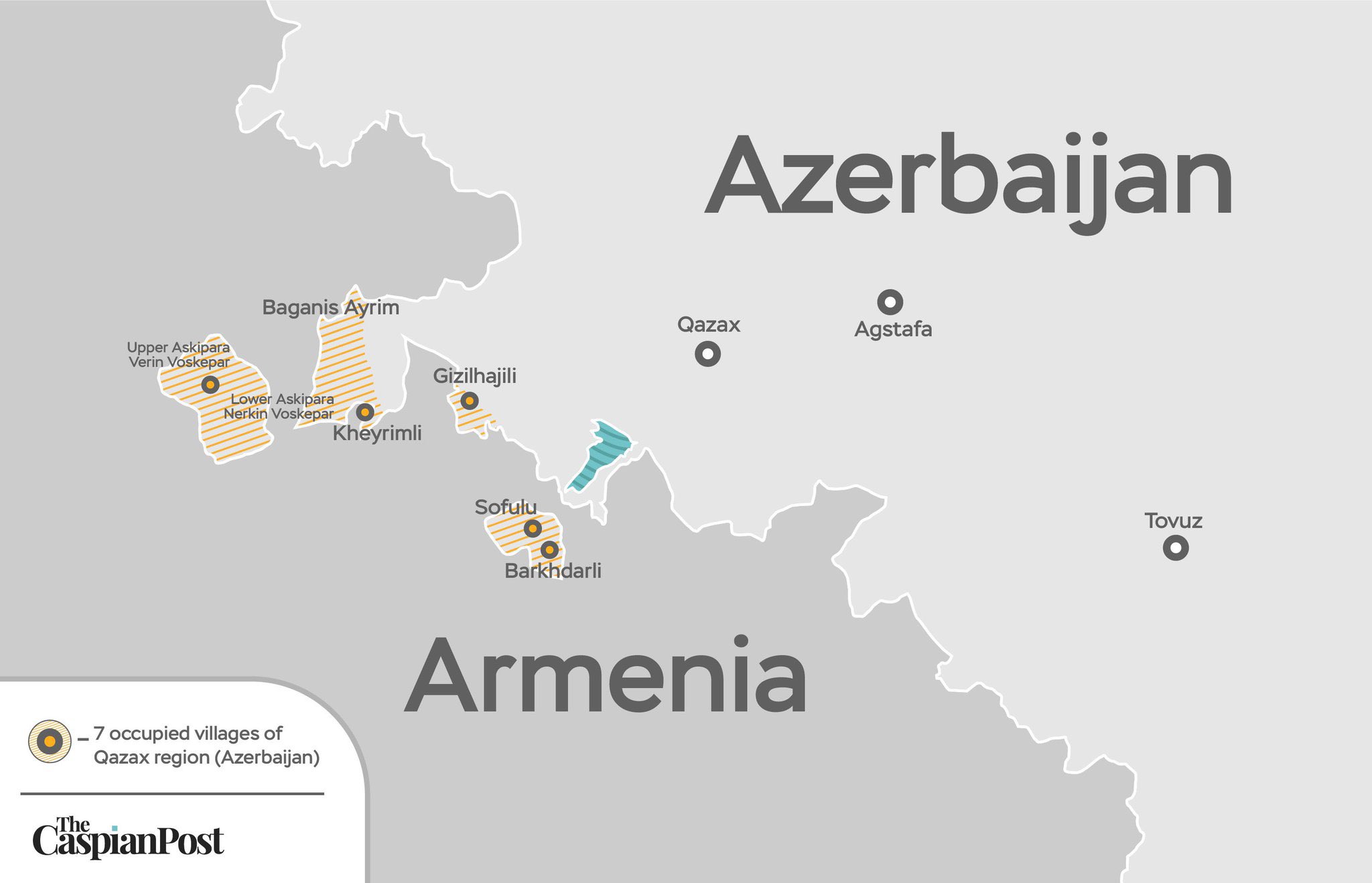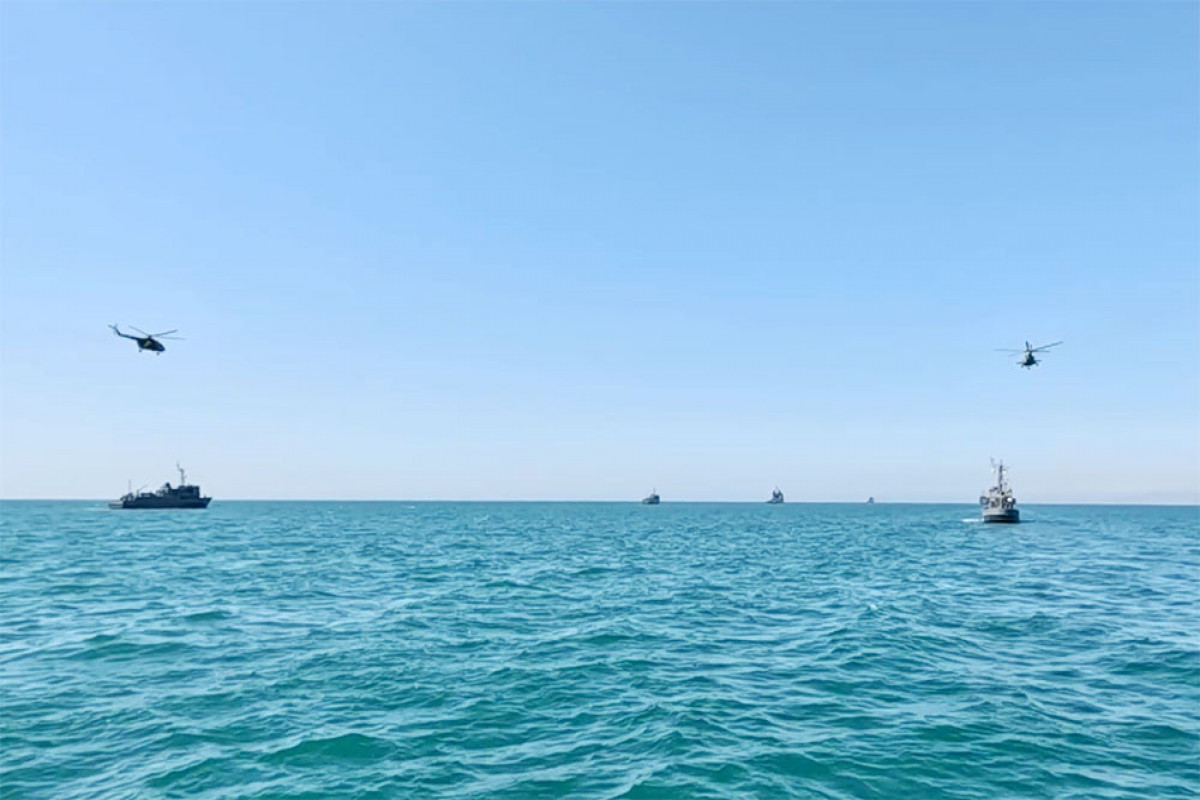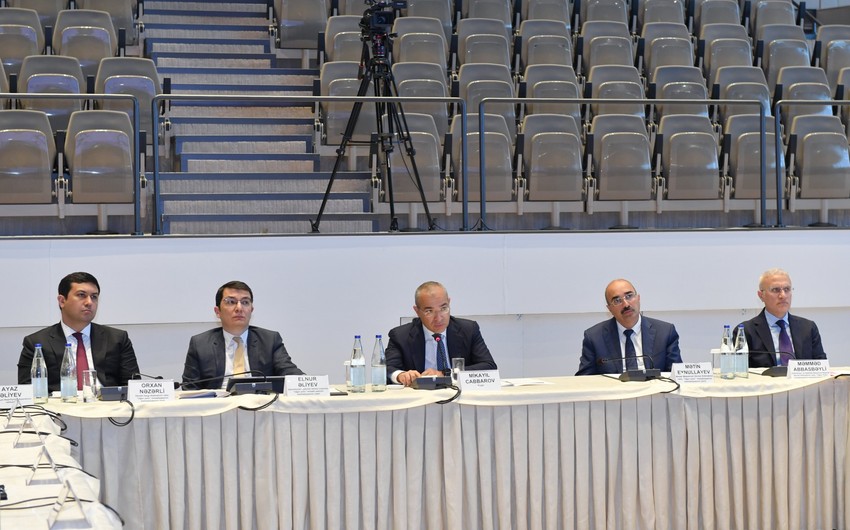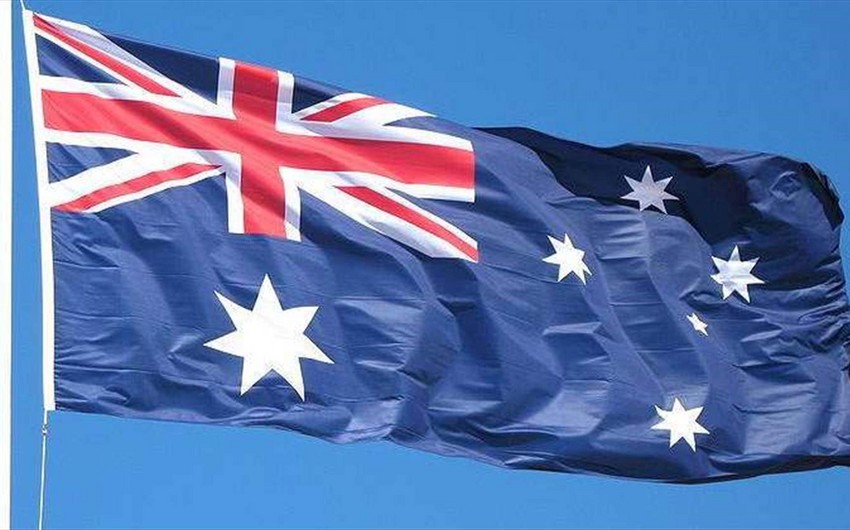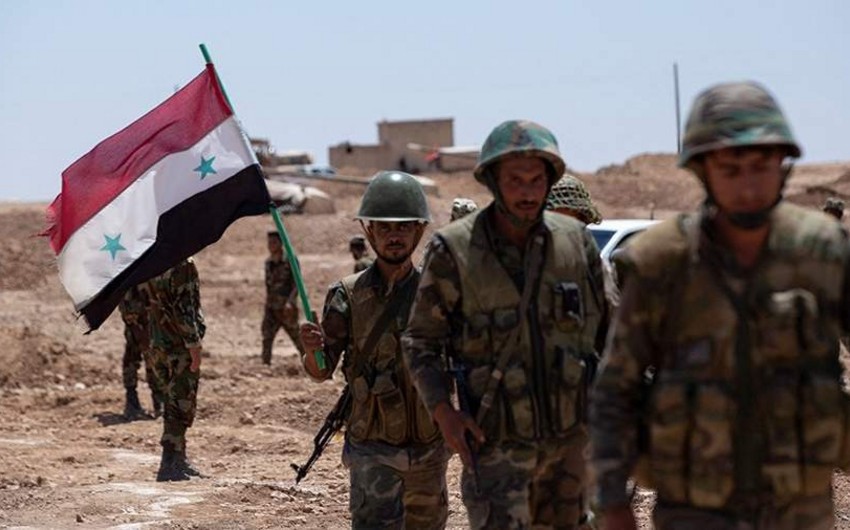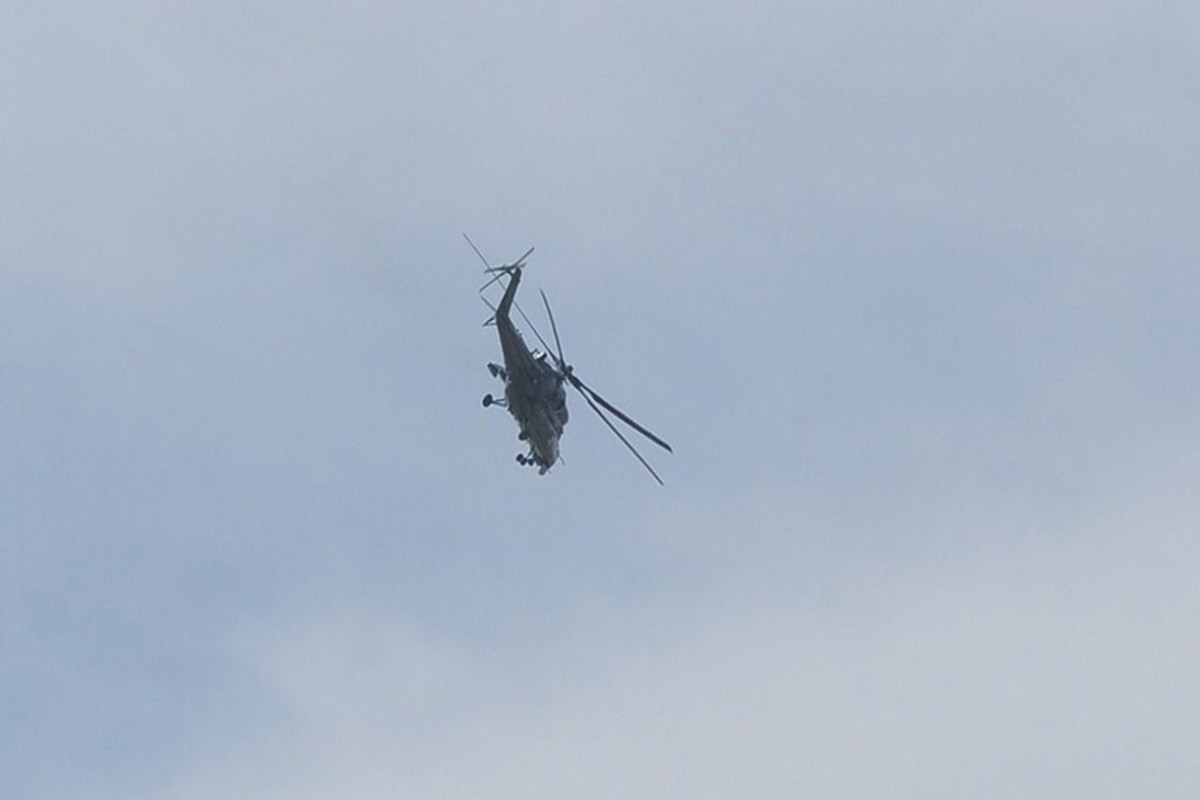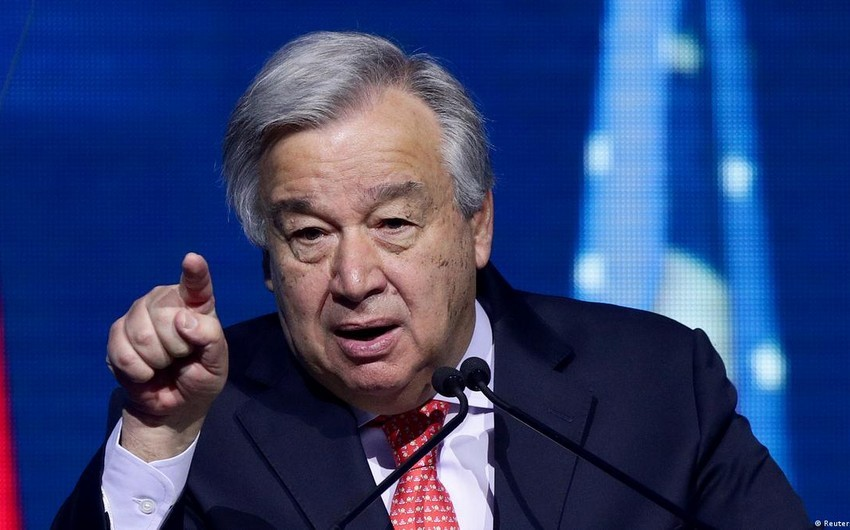All the nationalities in the vast lands of the former Soviet Union are facing rough times, but few have had to endure such tragic hardships as those that have fallen upon the Meskhetian Turks. Worse yet, these hardship have gone practically unnoticed. Very little documentation about the ancient history of this people exists, and no detailed investigations on them have been published. What's more, histories and ethnographies of Georgia published after World War II make no mention of a Turk-Meskhet people, nothing only Georgian Meskhets who had been forced to assimilate into Turkish culture and convert to Islam.
Nevertheless, in the sixteenth century, a Turkish population lived on border territory the Turks call the Akhaltsikh and Georgians call Meskhet-Dzhavakhti. Beyond a doubt, Georgian Meskhets are part of the nationality known as the Turk-Meskhets, many of whom kept their traditional Georgian last names. They identify themselves as Turks ethnically and speak the language native to the people of Turkish Eastern Anatoli.
Until 1963, the Meskhetian Turks published their own newspapers in Akhaltsikh, Turkish was taught in their schools, and their folk ensemble even performed in Moscow. Then came the years of Stalinist repression. For the Turks, this meant their children would lose their national identity, forced to register as Azerbaijani or simply Moslem. Turkish was banned from schools. Almost the entire Turkish intelligentsia - teachers, doctors, writers - was exiled from Georgia; many were thrown into labor camps, beginning the hardships that would fall upon this people.
On November 14, 1944, the Meskhetian Turks were forcefully evicted from Georgia under the pretense of "fortifying strategically vulnerable borders." The supposition at the time was that the Soviet Union planned to attack Turkey, and the Meskhets might side with the latter. It is also possible that Stalin wanted to purge Georgia of Moslems, who he saw as a threat. Within 24 hours, over 100,000 Meskhetian Turks were forced from their homes, herded into wagons meant for livestock, and exiled to the deserts and steppes of Central Asia and Kazakhstan. Along the way and over the first four months in these strange places, 17,000 people died. The exiles were banned from living in cities, which probably explains why most Meskhetian Turks are now agrarian. There are almost no factory workers among them and few intellectuals.
Twice a month, each Turk had to report to the local warden. It was forbidden to leave one's village even for a short time without permission. Violating this restriction was punishable by imprisonment or exile to Siberia for 25 years. This made it impossible for young people to find a spouse in a village other than their own.
Other Moslem peoples of the Caucasus, including Balkars, Ingushes, Karachai, and Chechens, suffered similar tragedies. However, five years after Stalin died, these moslems were permitted to return to their homelands. Another fate was intended for the Turks. At the end of World War II, the Akhaltsikh territory of Georgia was declared a "frontier zone" of limited civilian access into which Turks were not only forbidden to resettle but even to visit briefly to pay their respects to buried ancestors.
In 1989, the Soviet government lifted the restrictions, but Georgian nationalist officials objected. The next year, the possibility that Meskhetian Turks would be allowed to return home greatly diminished with the electoral victory in Georgia of Zviad Gamsakhurdia's Round Table - A Free Georgia. "There is no room for Turks in Georgia," declared the advocates of this political block. They said this, even though over a third of the 209 villages left behind by banished Meshets remain uninhabited.
Moreover, a quarter of the arable land in Georgia, formerly farmed by the Turks, lies fallow, because of a labor shortage and the fact that those relocated there are untrained in the terrace agriculture native to Meskhet-Dzhavakhti. Since Georgia has an extreme food shortage, it would seem both equitable and reasonable to return this fallow land to the Meskhetian Turks. However, strong anti-Turk sentiment in Georgia blocks this economically sound course (see "Indigenes and Settlers" on page 30).
ANOTHER EXILE
Since the Meskhetian Turks weren't allowed to return to their homeland, they continued living in Central Asia, primarily in Uzbekistan. This was the case up until June 1989, when Uzbek extremists took part in a horrible mass slaughter of the Turks in the Fergana Valley. According to official (and most probably low) figures, 97 people died, over 1,000 were wounded, and 752 houses were burned to the ground. Before the massacre, about 100,000 Turks lived in Uzbekistan. Now fewer than 20,000 remain. This began a new migration of the Turks out of Central Asia and another leg of their tragic fate.
Most Meskhet Turks had to find new homes for themselves. Not having the option of returning to Georgia, they tried to resettle near their homeland. Their choice of resettlement was also guided by a desire to stay in a familiar climate. Most of this people are currently in the southern regions of the former Soviet Union - 52,000 in Kazakhstan, 27,000 in the Northern Caucasus, and 93,000, the largest portion of the Meskhetian Turkish refugees, ended up in Azerbaidzhan, the region most familiar in language and culture. Here they were greeted more warmly than elsewhere, but Azerbaidzhan has had a housing and work shortage for years. The situation worsened with the influx of Turks, while Azerbaidzhan had also accepted 160,000 Azerbaidzhani refugees from armenia. The average Turkish family in Azerbaidzhan, consisting of seven members, has a monthly income of 14 rubles per person. A kilogram of meat at the farmers' market costs 20 to 30 rubles.
In southern Russia, 10,000 Turkish refugees settled in the Krasnodar Kray territory, but the local government met them with animosity, passing a special decree that outlawed the settlement of Turks. Similar restriction in Krasnodar have been applied to refugees of other nationalities
After the Fergana massacre, the Soviet government hurriedly evacuated 16,000 Meskhetian Turks and relocated them across central and northern Russia. Their fate is perhaps the most trying fate of all. Here Meskhetian Turks haven't experienced particular hostility, but the cold climate, unconducive to agriculture, a housing shortage, and the general poverty of these regions threaten the refugees' physical well-being.
Moreover, in Russia alone, the Meskhetian Turks are spread across 22 provinces of this boundless republic. They also live in six Ukraine provinces and four other republics of the former Soviet Union. In this context, the traditional culture of the Meskhetian Turks is gradually fading. There is practically no communication among different groups of Turks, separated from one another by thousands of miles. The use of the Turkish language as their native tongue is disappearing, making it more and more difficult to preserve a national identity.
For a half century, the Meskhetian Turks have been trying to obtain a just end, but now only the single hope of returning to their homeland seems to unite this people, to whom the words "homeland" and "freedom" have melded into one. Unfortunately, their tragedy has yet to be noticed by any international organization, including the UN Refugee Committee and others with responsibility for refugees. No concern for the fate of the Meskhetian Turks is visible from official or social organizations in Turkey.
While the Meskhetian Turks are in dire need of food, clothing, medicine, and homes, they require moral support even more. At long last, they deserve to feel they are not forsaken, that people remember them and are willing to help.
CONDEMNING POPULATION TRANSFER
Members of the Unrepresented Nations and Peoples Organization (UNPO), international experts, and representatives of the United Nations, nongovernmental organizations, and several governments have strongly condemned the practice and consequences of population transfer. Meeting in Tallinn, the capital of newly independent Estonia, they called population transfer a "crime against humanity which violates fundamental human rights of individuals and peoples."
The conference was the first international meeting solely addressing population transfer, and the first to include the voices of those nations and peoples who have been affected by the practice. Although population transfer directly and often traumatically hurts millions of people around the world, awareness of it is not widespread. Speakers from a variety of countries and areas testified to the difficulties caused by deportation. colonization, and other forms of population transfer.
The conference considered a number of specific instances of population transfer, including that of Bengalis into the Chittagong Hill Tracts by the Bangladesh government; Chinese into Tibet, East Turkestan, and Inner Mongolia by China; Javanese to the South Moluccas, West Papua, Acheh/Sumatra, and East Timor by Indonesia; Turkomen in Iraq; Lithuanians into Polish areas of Lithuania; Israeli settlers into occupied territories by the Israeli government; Kurds by Turkey, Iran, Iraq, and the Soviet Union; Russians to Estonia, Latvia, Lithuania, Mari, Komi, Georgia, Abkhazia, and Chechenskaya by the Soviet government; and non-indigenous peoples to the Americas.
The conference recommended efforts to: 1 persuade the World Bank, UN Development Program, regional and international organizations, governments, and corporations not to fund activities that promote or result in violations of human rights by population transfer. 2 document, compile, and publish information on population transfer to raise awareness of the issue and provide a tool for action against its practice 3 use the 1993 Berlin World Conference on Human Rights to focus attention on population transfer 4 consider a treaty and other international machinery to prevent mass expulsions and other forms of population transfer states and individuals responsible for it 5 mobilize governments, NGOs, and individuals to address the question of population transfer and actively pursue the issue in UN bodies 6 promote the recognition and realization of the right of peoples and nations to self-determination, which is a fundamental step to resolving the question of population transfer 7 endorse a Latvian proposal to hold a conference on decolonization, including completing the decolonization of the Baltic states 8 appeal to governments and funding agencies to assist these efforts with financial support.

